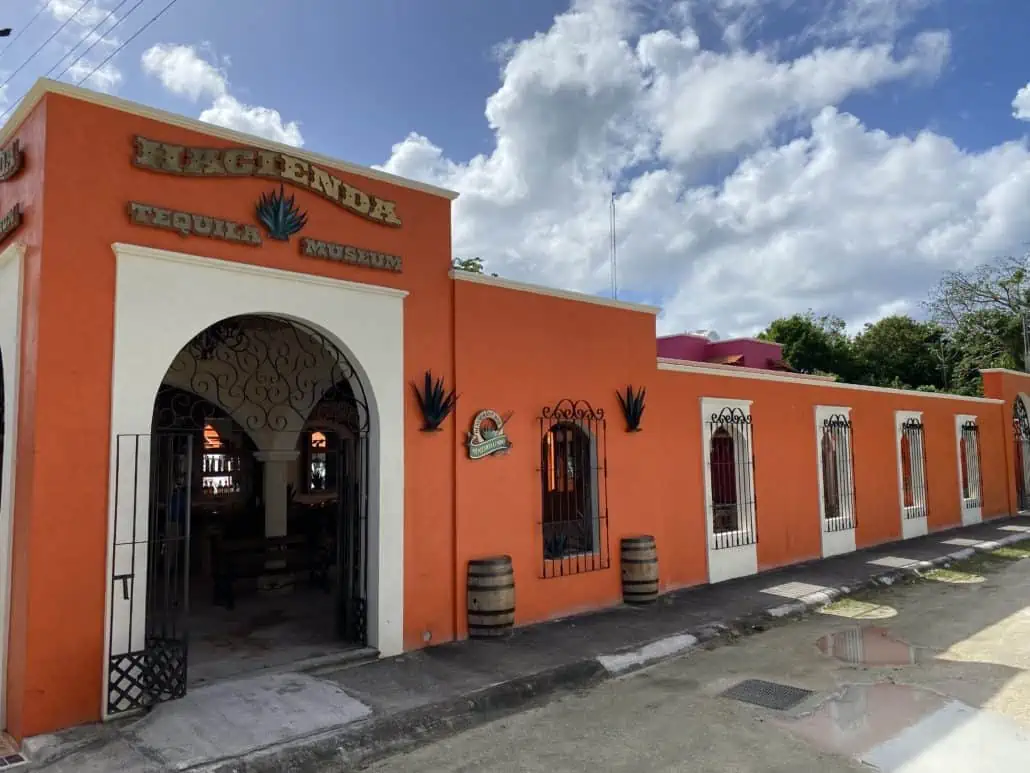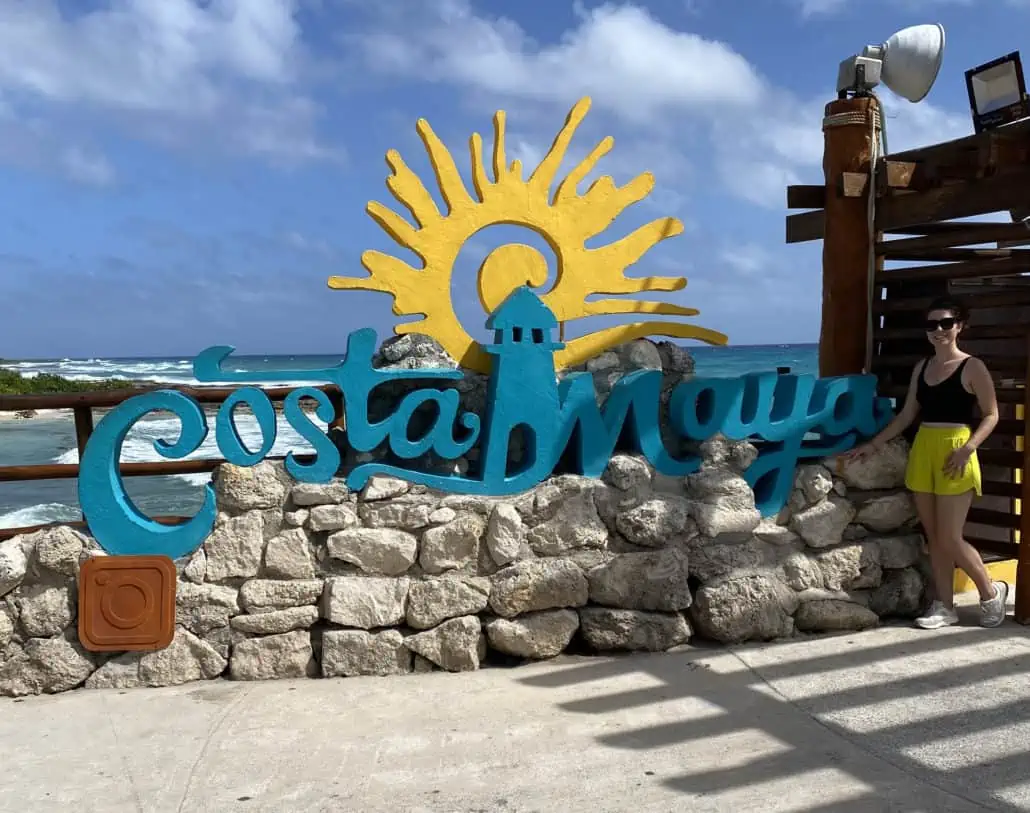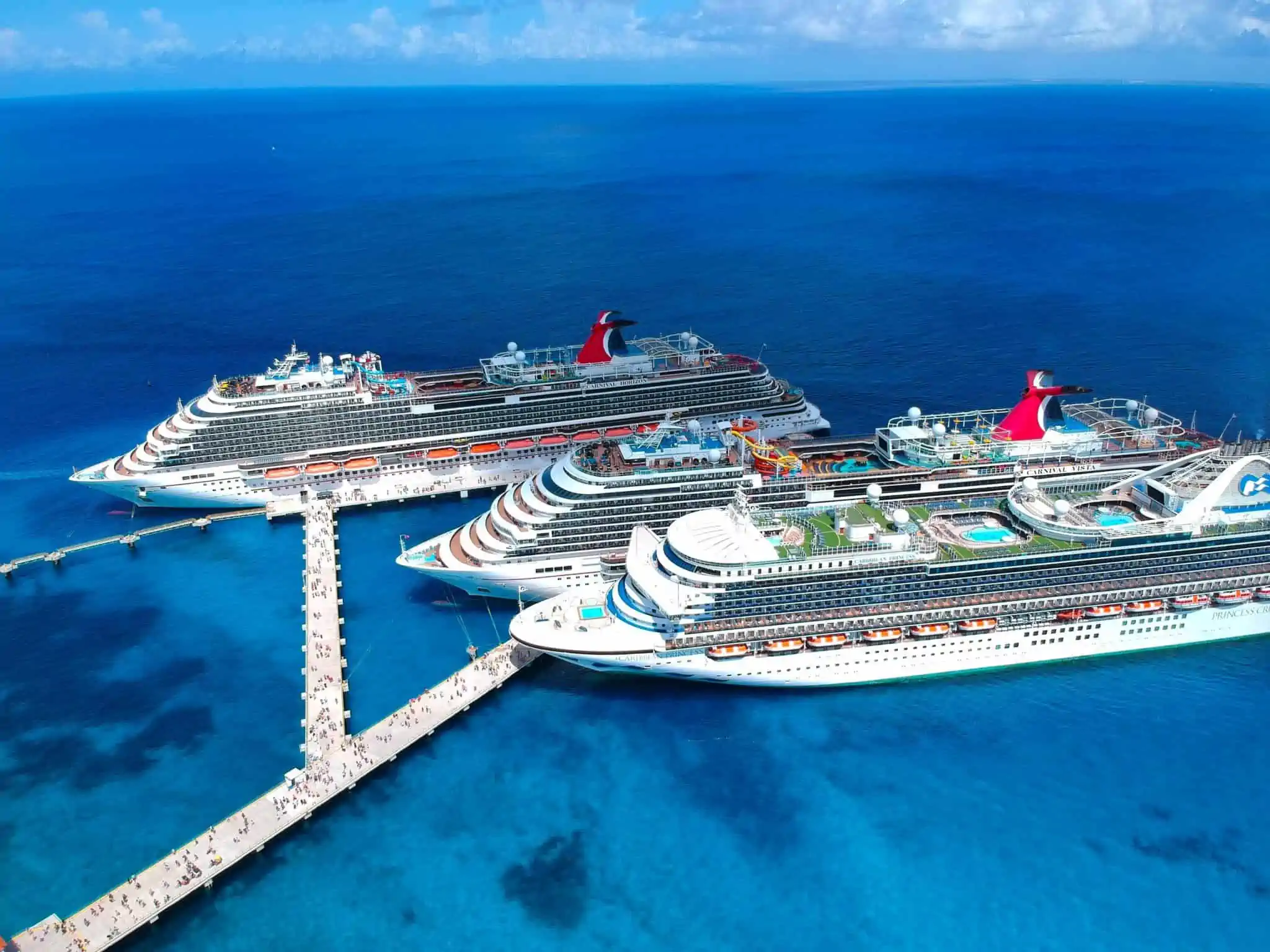Cruise passengers visiting Mexican ports will soon see increased fees following two major tax announcements in 2024.

The tax hikes are aimed at generating revenue and improving infrastructure.
National $42 Cruise Passenger Tax (Effective 2025)
Mexico’s Senate has officially passed a $42 immigration fee for every cruise passenger docking in Mexican ports.
This fee, applicable even if passengers remain onboard, replaces a longstanding exemption under the Non-Migrant Rights policy.
Based on current passenger numbers of nine million, the revenue generated, estimated at $378 million annually, will primarily benefit the military, with two-thirds of the funds earmarked for army projects.

This national tax has drawn sharp criticism from the cruise industry, including the Florida-Caribbean Cruise Association (FCCA), which warns that the fee could make Mexican ports among the most expensive in the Caribbean.
Industry representatives argue it may deter cruise lines from including Mexico in their itineraries, potentially impacting tourism-dependent economies like Cozumel and Costa Maya (Mahahual).

Stewart Chiron, also known as “The Cruise Guy,” told Cruise Radio, “Cruise passengers have been considered in-transit and charged accordingly. Now Mexico, without any discussion, hastily passed a $42 head-tax on cruise passengers.”
He continued, “Cruise lines, unlike hotels, are able to move their ships. I’m sure cruise industry executives are working to set-up meetings to work toward an amicable solution.”
The bill requires the approval of Mexico’s president to take effect if no agreement is reached beforehand.
Quintana Roo’s $5 Local Infrastructure Fee (Signed August 2024)

In a separate agreement, Quintana Roo, home to Mexico’s busiest cruise ports, signed a deal with the FCCA to implement a $5 tax per passenger.
This fund will be used in early 2025 to enhance port infrastructure, improve safety, and support disaster prevention efforts in Cozumel and Mahahual.
Governor Mara Lezama said the agreement was collective, including contributions from the state government and the FCCA.
A Technical Committee, comprising state and industry representatives, will oversee the fund’s transparency and ensure its alignment with development goals.
Potential Impact on Cruise Tourism

These new fees could significantly increase passengers’ costs.
For instance, a family of four visiting Cozumel or Costa Maya would pay an additional $188 ($42 national tax + $5 local fee per person).
The current passenger fee for visiting Mexico is approximately $10 per passenger.
Industry stakeholders are concerned these higher costs might shift cruise itineraries to other Caribbean destinations like Jamaica or the Bahamas.
| Year | Cozumel Passengers | Costa Maya (Mahahual) Passengers |
|---|---|---|
| 2022 | 2.94 million | 1.2 million |
| 2023 | 4.09 million | 1.6 million |
| 2024 | 4.5 million (est.) | 1.8 million (est.) |
| 2025 | 4.9 million (proj.) | 2.0 million (proj.) |
The dual implementation of these fees raises questions about long-term competitiveness and the balance between revenue generation and tourism growth.
Mexico’s heavy reliance on cruise tourism, particularly in its Caribbean destinations, makes it particularly vulnerable to the competitive implications of such a fee.
In October, Royal Caribbean announced plans to expand the Costa Maya port by purchasing it and constructing Perfect Day Mexico, an extension of Perfect Day at CocoCay, located in The Bahamas.
The company is also building a Cozumel Beach Club, set to open in 2026.
This is a developing story and will be updated as information becomes available.




